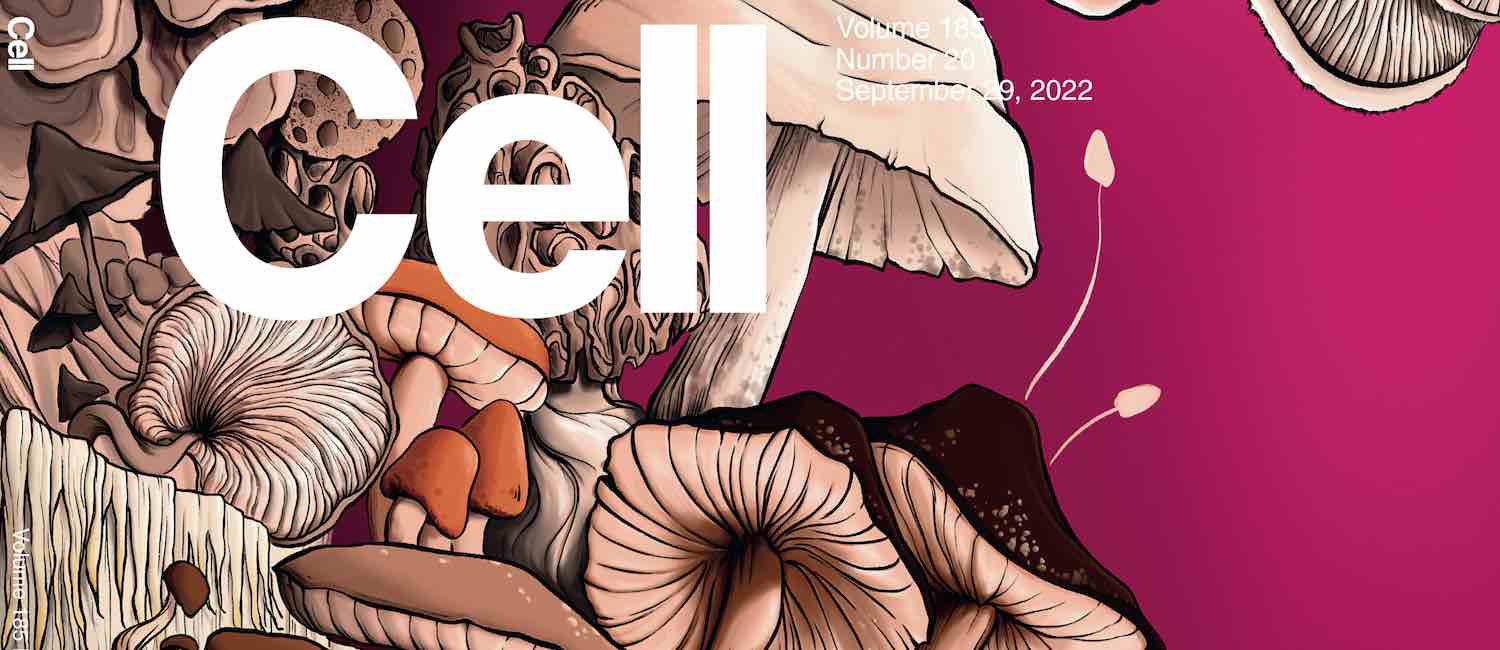Posts by tag
Microbiome
Gut microbiome offers new avenue for detecting colorectal cancer
Significant variations in the gut microbiome can be identified between people who develop pre-cancerous colonic lesions and those who do not. The Dutch study, abstract OP118, presented at United European Gastroenterology (UEG) Week 2023, held in Copenhagen, October 14–17, showed…
Bacterial decolonisation offers new strategy to prevent acute radiation dermatitis
Many cases of acute radiation dermatitis involve the common skin bacterium Staphylococcus aureus. Two linked papers in the same issue of JAMA Oncology, published online 4 May, suggest bacterial decolonisation of Staphylococcus aureus (S aureus) offers an effective approach for…
Immunotherapy: three studies point to potential strategies to improve response
Over the past 10 years, immune checkpoint inhibitors (ICIs) have transformed the therapeutic landscape of cancer, becoming standard treatments for metastatic melanoma, renal cell carcinoma, head and neck cancer, and non-small cell lung cancers (NSCLC). “ICIs have revolutionised care in…
Fungal communities are a key part of cancer cell biology
The first pan-cancer mycobiome atlas has revealed the presence of microfungi in 35 types of cancer, with the presence of some fungi correlating with overall survival. The findings of associations between cancer and the human mycobiome were published in Cell,…
Harmful bacteria play greater role in predicting outcomes of immune checkpoint blockade in melanoma
Harmful gut bacteria may play a greater role than beneficial bacteria in determining efficacy of immune checkpoint blockade in melanoma patients. The study, published in Nature Medicine (28 February), found microbial signatures containing Lachnospiraceae species were connected to favourable anti-programmed…
High-fibre diets associated with improved melanoma immunotherapy response
Melanoma patients eating greater quantities of fibre-rich foods at the start of checkpoint inhibitor immunotherapy survive longer than patients with insufficient dietary fibre intake. The observational study, published in Science (23 December 2021), reports benefits to be most noticeable among…
Tackling drug resistance: how our commensal bacteria can hinder or help
Response to therapeutics can differ widely from patient to patient, with some gaining highly significant survival benefits from a therapy that in others elicits no response at all. Patients who respond initially often develop resistance or relapse over time. Not…
Gut microbiome positively influences abiraterone response in prostate cancer
Abiraterone acetate (AA), an agent used in castrate-resistant prostate cancer, promotes a shift towards health-associated, anti-inflammatory gut commensal bacteria, finds a study in Nature Communications. “These findings clearly demonstrate that the gut microbiome is playing a role in treatment response,”…







